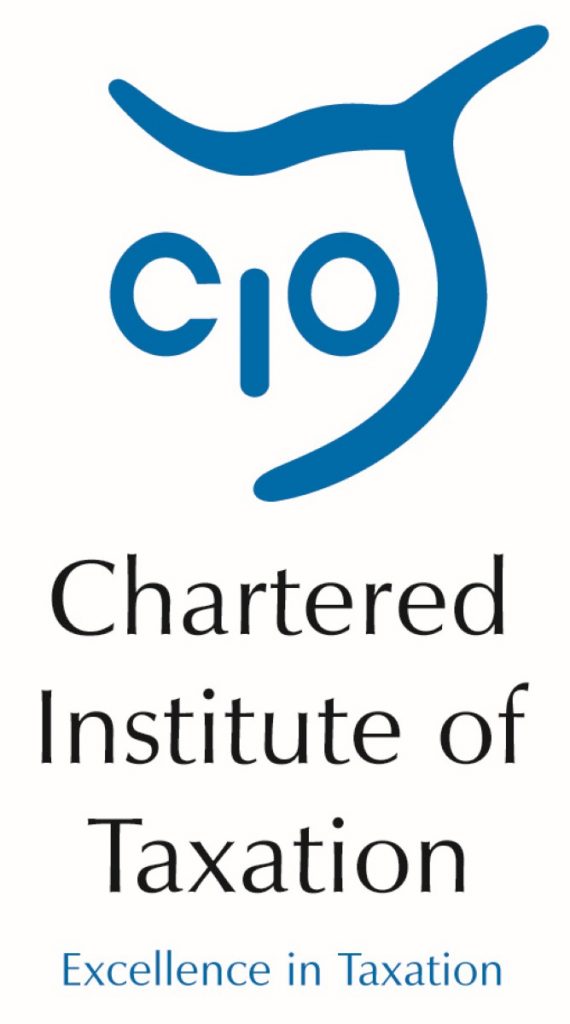The Chartered Institute of Taxation (CIOT) has called for greater clarity before HMRC moves ahead with its latest measure to crackdown on VAT non-compliance by overseas companies that trade online.
HMRC is considering a new measure called a split payment model. This will mean VAT will be extracted from the price paid by consumers in real time using card payment technology and then deposited with HMRC. It is the latest attempt by the Government to reduce VAT losses from overseas businesses selling goods to UK consumers via online marketplaces, estimated to have been between £1 billion and £1.5 billion in 2015-2016.1
The CIOT has urged HMRC to continue to engage with the tax profession on the change as the original consultation left many unanswered questions. In particular, the timing of the consultation meant crucial opportunities to clarify and explore issues with HMRC have been lost because of General Election purdah rules.
The unanswered questions include whether any split payment model would be limited to sales of goods situated in the UK by overseas suppliers or whether it would apply to a much greater range of online sales.
Alan McLintock, Chair of CIOT’s Indirect Taxes Sub-committee, said:
“HMRC should continue to engage with the tax profession and other stakeholders on this measure so that the many unanswered questions about this radical change can be addressed before legislation is drafted.
“While split payment might accelerate and secure the payment of tax to HMRC, thus reducing non-compliance, it will inevitably bring complexity for businesses, payment handlers, advisers and indeed HMRC. While the CIOT supports in principle ensuring the correct tax is paid, it is vital that these complexities, and costs are fully understood before the split payment method is progressed by HMRC, to ensure that the benefits significantly outweigh the costs.”
In its recent submission to HMRC,2 the CIOT said that careful consideration should be given to mitigating the impact on businesses, particularly managing adverse cash flow impacts because split payment will reduce, eliminate or even reverse the cash flow effects of VAT for many businesses.
The CIOT supports action by HMRC to tackle fraud. The CIOT suggests that the split payment rules should apply to overseas sellers first or only, so it is targeted at those with the greatest risk of non-compliance. It will ensure that largely compliant UK businesses (who represent the majority of sales to UK customers) will be either unaffected, or affected only once the regime has been properly implemented for overseas sellers.
Notes for editors
1. When goods are in the UK at the point of sale, the overseas sellers are required to register for VAT in the UK regardless of the level of sales. In these circumstances the seller must charge and collect VAT. Many overseas sellers are not VAT registered – or if they are VAT registered, they are not always collecting the appropriate amount of VAT. The Government wants to ensure a level playing field, removing any unfair advantage to overseas sellers, compared to domestic sellers.
HMRC wishes to explore solutions to address what they see as the three key factors within the current system that create this opportunity for non-compliance:
· Businesses based in overseas jurisdictions, but with VAT obligations in the UK
· The time lag between the consumer paying for the goods and the business later remitting the VAT element to HMRC
· Where the VAT is paid by a UK customer to an overseas business which may or may not pay it over to HMRC in due course
2. CIOT’s recent submission to HMRC on split payments can be read here.
3. The Government has already announced measures to enable HMRC to direct overseas businesses to appoint a tax representative in the UK and to make online marketplaces jointly and severally liable for the VAT of overseas businesses who do not comply with UK VAT rules. HMRC is expected to introduce a Fulfilment House Due Diligence Scheme from 2018 whereby fulfilment houses will be required to join the scheme and then carry out due diligence checks on their overseas clients or face penalties.
4. The Chartered Institute of Taxation (CIOT)
The CIOT is the leading professional body in the United Kingdom concerned solely with taxation. The CIOT is an educational charity, promoting education and study of the administration and practice of taxation. One of our key aims is to work for a better, more efficient, tax system for all affected by it – taxpayers, their advisers and the authorities. The CIOT’s work covers all aspects of taxation, including direct and indirect taxes and duties. Through our Low Incomes Tax Reform Group (LITRG), the CIOT has a particular focus on improving the tax system, including tax credits and benefits, for the unrepresented taxpayer.
The CIOT draws on our members’ experience in private practice, commerce and industry, government and academia to improve tax administration and propose and explain how tax policy objectives can most effectively be achieved. We also link to, and draw on, similar leading professional tax bodies in other countries. The CIOT’s comments and recommendations on tax issues are made in line with our charitable objectives: we are politically neutral in our work.
The CIOT’s 18,000 members have the practising title of ‘Chartered Tax Adviser’ and the designatory letters ‘CTA’, to represent the leading tax qualification
Contact: Hamant Verma, External Relations Officer, 0207 340 2702 HVerma@ciot.org.uk (Out of hours contact: George Crozier, 07740 477 374)





-01.png)